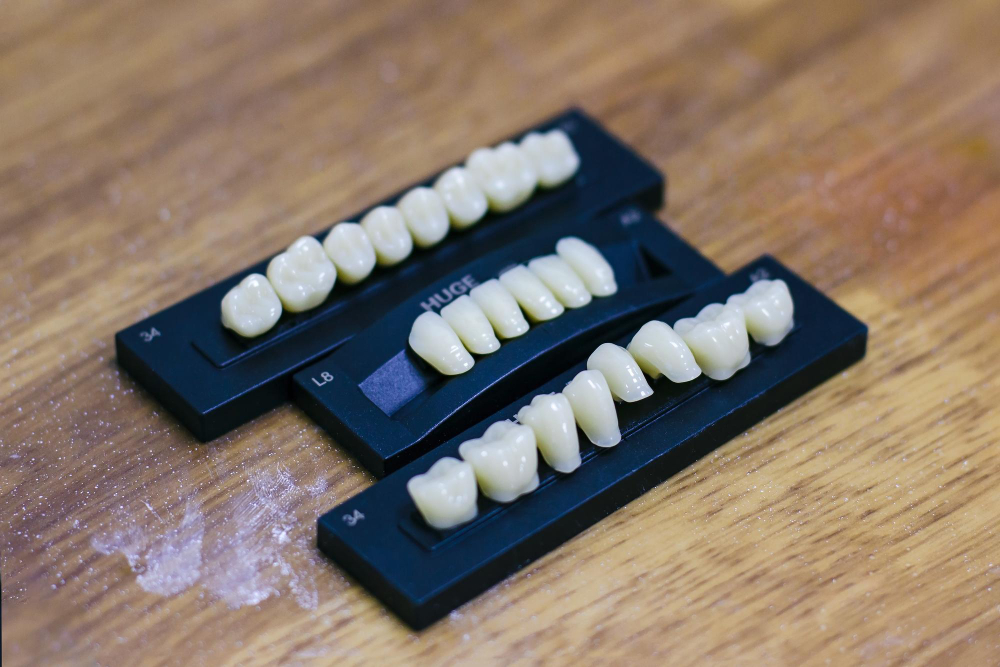Introduction to Dental Crowns
Dental crowns are caps placed over damaged or weak teeth. They help restore the tooth’s shape, size, and strength. Many people search for the types of dental crowns to find the best option for their smile. Crowns can also improve how a tooth looks. Dentists use crowns for teeth that are broken, worn down, or after a root canal. Sometimes, crowns hold a dental bridge in place or cover a dental implant.
Main Types of Dental Crowns
There are several types of dental crowns. Each type has its own features. Your dentist will help you choose the best dental crown material for your needs. Let’s look at the most common options:
Porcelain Crowns
Porcelain crowns look very natural. They match the color of your other teeth. Because of this, they are often used for front teeth. However, they can chip more easily than some other types.
Ceramic Crowns
Ceramic crowns are similar to porcelain crowns. They are also tooth-colored and blend in well. Many people choose them for visible teeth. Still, they may not be as strong as metal crowns.
Metal Crowns
Metal crowns are made from gold, platinum, or base metal alloys. They are very strong and last a long time. Even so, their color makes them less popular for front teeth.
Porcelain-Fused-to-Metal (PFM) Crowns
PFM crowns have a metal base covered with porcelain. This gives them both strength and a natural look. Sometimes, the metal edge may show if gums recede.
Resin Crowns
Resin crowns are made from a plastic-like material. They are less expensive than other types. However, they may wear down or break more easily.
Zirconia Crowns
Zirconia crowns are made from a strong ceramic material. They are tough and look natural. Many dentists recommend them for both front and back teeth.
Factors to Consider When Choosing a Dental Crown
Choosing a dental crown depends on several factors. Your dentist will guide you, but it helps to know what to consider:
Dental Crown Procedure: What to Expect
The dental crown procedure usually takes two visits. First, your dentist will numb the area and shape the tooth. Then, they will take an impression or scan. You may get a temporary crown while the lab makes your final crown. At the second visit, the dentist will fit and cement the new crown. Sometimes, same-day crowns are possible with special machines.
Maintenance and Care Tips for Dental Crowns
With good care, crowns can last many years. Here are some tips to keep your crown in top shape:
Frequently Asked Questions About Dental Crowns
Conclusion
Dental crowns can restore your smile and protect your teeth. There are many types of dental crowns to choose from. Each has its own pros and cons. Talk with your dentist about the best dental crown option for your needs. Regular care will help your crown last for years. Consult your dentist to find the best dental crown option for your needs.

